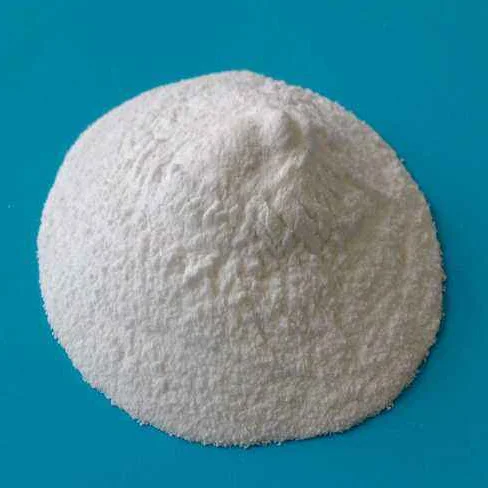--
1. Ceramic tile adhesive
2. Bonding mortar for external wall insulation system
3. External wall external insulation system plaster mortar
4. Ceramic tile pointing agent
5. Gravity cement mortar
6. Flexible putty for internal and external walls
7. Flexible crack resistant mortar
8. Rubber powder polystyrene granule insulation mortar
9. Powder coating
10. Polymer mortar products with high requirements for flexibility
performance | indicators |
appearance | White powder, free flowing |
Solid content (wt%) | 98.0 or higher |
Ash content (wt%) | 10 plus or minus 2% |
Bulk density (g/L) | 300-500. |
Protective colloid | Poly (vinyl alcohol) |
Particle size | More than 4% or less 400 um |
PH value | 6-8 |
Glass transition temperature Tg (DSC) ℃ | indefinite |
The minimum film-forming temperature (℃) | 0 ~ 5 ℃ |

The redispersible emulsion powder can be used as the second kind of adhesive to strengthen the film.
The protective colloid is absorbed by the mortar system (after forming the film, it will not be destroyed by water, or "secondary dispersion");
As a reinforcing material, the film forming polymer resin is distributed throughout the mortar system, thus increasing the cohesion of the mortar.
Improve construction performance;
Improve flow performance;
Increase thixotropy and sag resistance;
Improving cohesion;
Extension of opening hours;
Enhance water retention.
Increase tensile strength;
Increase bending strength;
Reduce the modulus of elasticity;
Improve deformability;
Increase the material density;
Increase wear resistance;
Increase cohesion strength;
Lowering the carbonization depth;
Reduce water absorption of materials;
Make the material has excellent hydrogenation (add hydrogenation rubber powder)